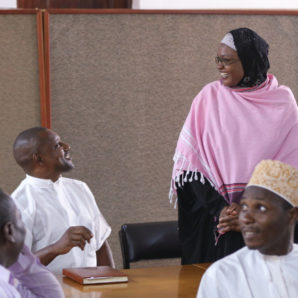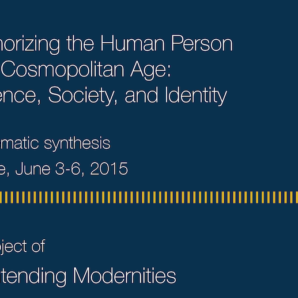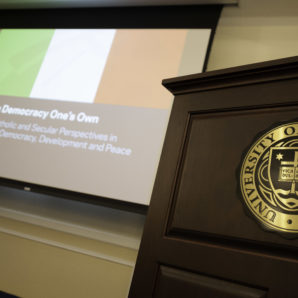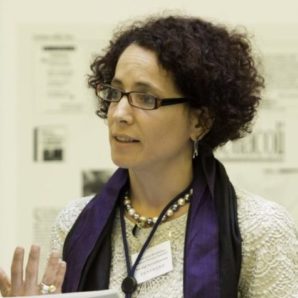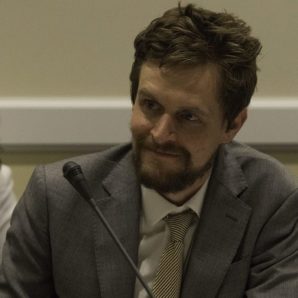Nahdlatul Ulama: Good Governance and Religious Tolerance in Indonesia
Nahdlatul Ulama, Indonesia’s largest Islamic organization, has been poorly understood in the West. While most Western political commentators and policy makers absorb an almost daily dose of news or intelligence regarding Islamist extremist organizations or terrorist groups in the predominantly Muslim countries of the Middle East and Southeast Asia, there is far less information and understanding of Muslim peacemakers, moderate-progressive groups, and organizations that advocate for tolerance and pluralism. Nahdlatul Ulama (NU) is one of the world’s foremost Muslim associations devoted to the spread of the Islamic message of justice, peace, and tolerance. Read the full article »
Read More →
